Building on 10 years of science
Diego Riveros-Iregui and Amanda Thompson, the center’s interim co-directors, strive to use their own experiences from the islands to expand its reach and grow its reputation as a world-renowned research institution.
The Galapagos Islands are home to many unique species that can’t be found in any other place on Earth and have been an ecological haven for researchers since Charles Darwin first set foot there in 1835.
They are also home to the Galapagos Science Center, a research facility jointly run by Carolina's Center for Galapagos Studies and the Universidad San Francisco de Quito in Ecuador.
Opened in 2011 on San Cristóbal Island, the center is the only university science facility of its kind in the archipelago, supporting interdisciplinary studies on population, health and environment by examining the social, terrestrial and marine subsystems of the islands.
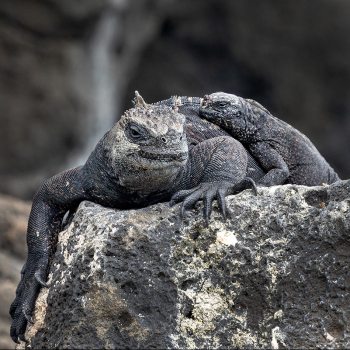
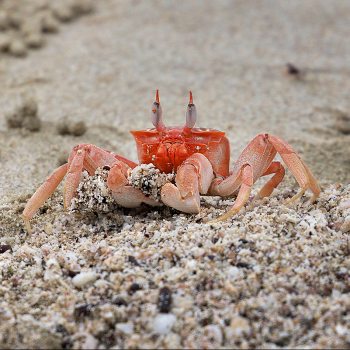
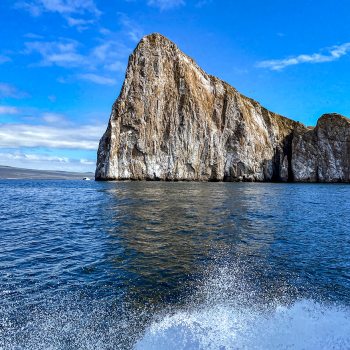
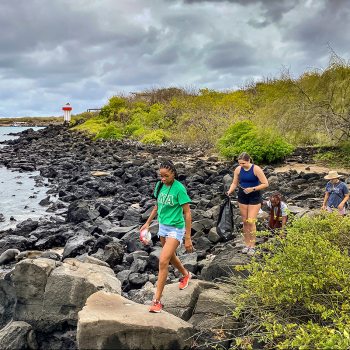
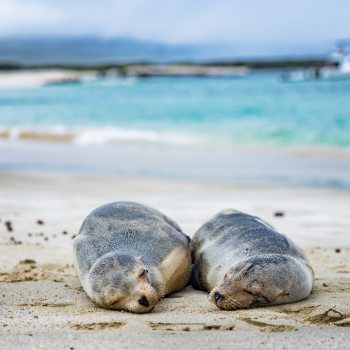
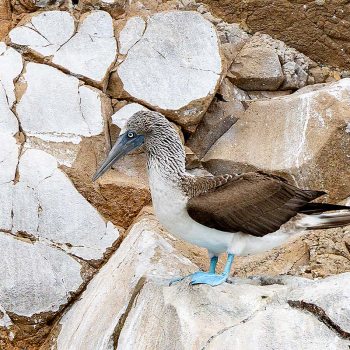
The Galapagos are a unique opportunity to do integrated, planetary research in a small space. They serve as a test case that we can expand from and apply to other places.
Amanda Thompson, interim co-director of the UNC Center for Galapagos Studies, anthropology professor and chair of the anthropology department
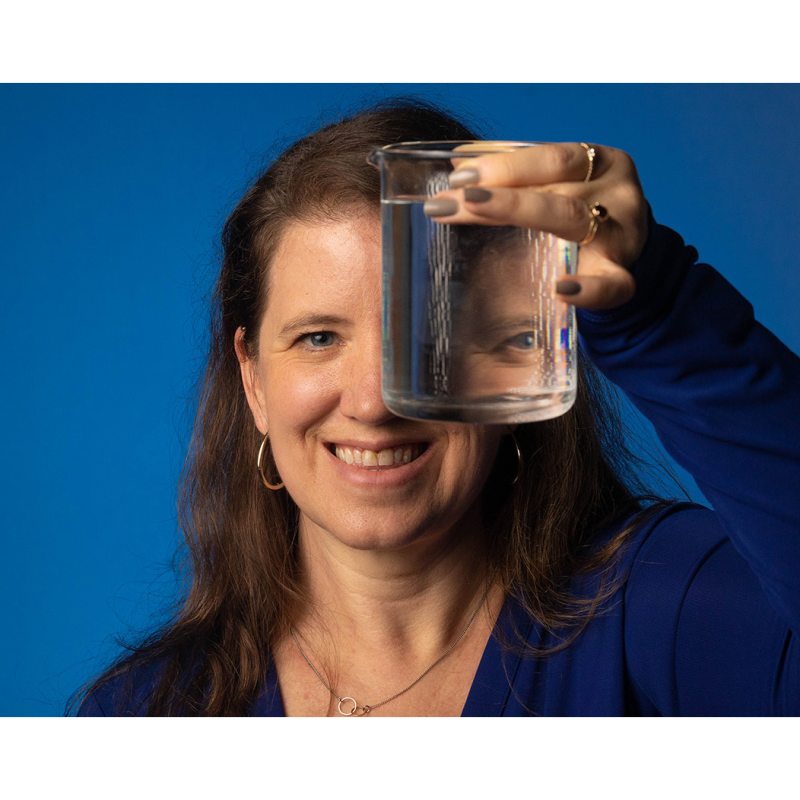
In the Galapagos, you would feel the effects of a drought immediately. Everything is more pronounced. So the decisions we make there in response to changes in climate and the ecosystem are a lot more urgent.
Diego Riveros-Iregui, interim co-director of the UNC Center for Galapagos Studies and the Bowman and Gordon Gray Distinguished Professor in the geography department
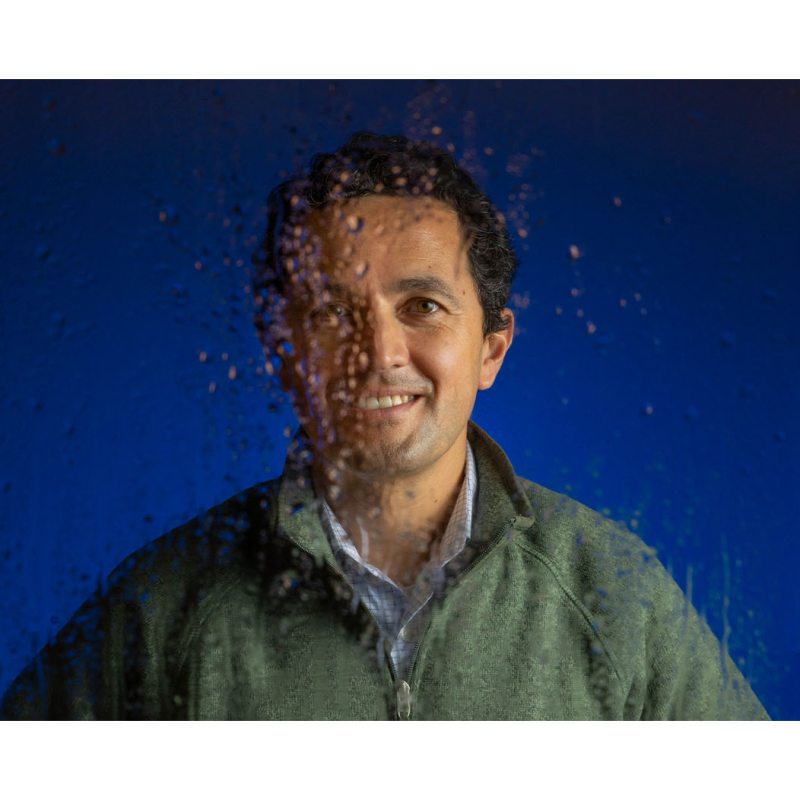
For more than 10 years, the UNC Center for Galapagos Studies has been a hub of collaborative research activity spanning many disciplines, with the potential to impact the globe.
Though delayed because of the pandemic, the UNC Center for Galapagos Studies and the University San Francisco of Quito hosted the World Summit on Island Sustainability in June to celebrate the 10-year anniversary of the Galapagos Science Center and to bring together voices from all over the world to discuss and share various issues and best practices related to island conservation and sustainability.
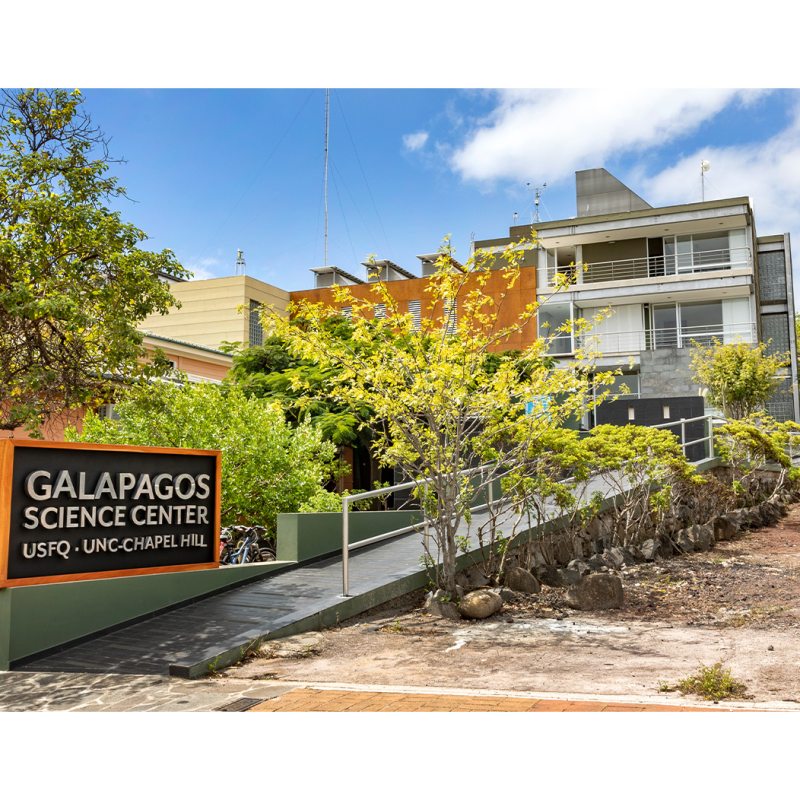
After a decade of successful research, education and community outreach in the Galapagos, the center was inspired to organize and host the World Summit on Island Sustainability to highlight the Galapagos Islands and explore how we can learn from other similarly challenged island ecosystems.
The World Summit hosted 150 participants from around the globe, including Guam, Australia, Chile, French Polynesia, the United Kingdom and Hawaii.
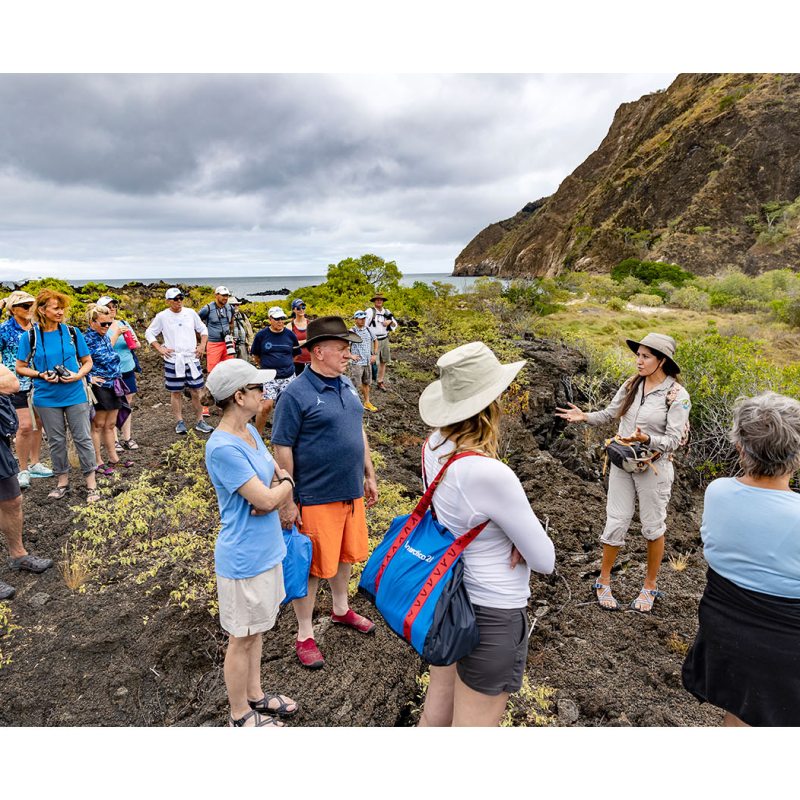
Diego Riveros-Iregui and Amanda Thompson, the center’s interim co-directors, strive to use their own experiences from the islands to expand its reach and grow its reputation as a world-renowned research institution.
Researchers at the Galapagos Science Center are creating a biobank of samples from across the islands to help with the preservation of the archipelago and provide new opportunities for studies.
Meet Carolina researchers who are conducting their work more than 2,600 miles away from Chapel Hill in the Galapagos Islands.
About 71% of Earth is water. Of that water, 96.5% is oceans. So why do most air pollution and emissions studies focus on terrestrial research? A team of researchers traveled to the Galápagos Islands to uncover how emissions released from the ocean impact the Earth.
The goal of the project is to understand the effect that temperature has on patterns and processes in upwelling systems. Ongoing work in this iconic natural laboratory is helping marine ecologists understand the role of temperature and how this and other ecosystems could function in the future as climate change warms the ocean.
In 2020, the Galapagos Science Center created REACTT, which funded seven local proposals to further conservation and island sustainability efforts while also supporting locals in Galapagos during a tough economic time. “Reforesting My Island,” one of the funded projects, focuses on a sustainable coffee farm and is being led by Nicolas Balon.